Annual Grant Cycle Criteria
About Us
Annual Grant Cycle Criteria
About Us
About Us
Annual Grant Cycle Criteria
Criteria and Priorities for Applicants:
- Have been a nonprofit organization, exempt from Federal Income Taxes under section 501(c)(3) of the Internal Revenue Code; a public educational institution; or be a public agency, for a minimum of three (3) years (certain exceptions can be made to this, including: an organization operating with a fiscal agent or an organization spinning off from a parent nonprofit and establishing its own separate entity). If your organization is less than three years old and you feel you meet the requirements to be eligible, please contact grants@abqcf.org
- Provide services to the people of the Greater Albuquerque Metropolitan Area (Bernalillo, Sandoval, Torrance, and Valencia)
- Clearly and specifically aligned with one of the Foundation’s Fields-of-Interest
- Aligned with the Foundation’s Values
- Be in good standing with the New Mexico Secretary of State and New Mexico Department of Justice (formerly the Office of the Attorney General)
- Please note: Organizations can ONLY apply for one field-of-interest the Annual Grant Cycle
While the Foundation remains flexible in trying to meet community needs, in general, annual grants are not made for or to:
- Programmatic requests
- Individuals
- Political or religious purposes
- Annual campaigns, capital campaigns or fundraising events
- Endowments
- Medical, scientific, or academic research
- Influence legislation or elections
- Private foundations and other grant-making organizations
Grantmaking Fields-of-Interest:

Arts & Culture
Grants in this field of interest support artistic and cultural expression of diverse communities and providing access to these experiences through the following:
- Creative arts education including music, visual arts, and dance for youth (K-12) performing arts organizations
- Enhancing cultural arts
- Theater and/or Dance

Education
Grants encompass a wide range of educational supports to ensure historically marginalized communities receive opportunities that positively impact their lives and careers. This may include:
- Literacy education for K-12, early childhood education, and after school initiatives
- Addressing adult literacy, vocational/career training and adult basic education, as well as programs to benefit seniors
- Learning experiences for those with special needs and skills-based education programs

Environmental &
Historic Preservation
Grants in this field-of-interest support preservation of environment, wildlife, and historic buildings with specific focus on:
- Protecting natural land and resources, including the health and protection of wildlife
- Preservation of archaeological sites and/or historical buildings, landmarks, attractions and venues
- Climate justice efforts to improve environmental conditions (energy and water conservation, water recycling, renewable energy, etc.)
- Educational programs and/or projects with strong community involvement related to any of the above

Economic & Workforce Development
Grants in this field-of-interest support intentional and inventive endeavors to ensure community wealth building for under-resourced populations, which can include:
- Working towards ensuring a robust local economy
- Contributing to social, economic, and environmental progress for entrepreneurs and the state's workforce
- Providing innovative support systems for entrepreneurs

Health
Grants in this field-of-interest address essential needs for marginalized populations including the following programs:
- Providing emergency care/services
- Addressing food insecurity
- Mental and behavioral health needs, including addressing substance abuse
- General healthcare needs including home healthcare and hospice
- Supporting dental health needs for individuals

Human Services
Grants aid individuals as they transition to more self-sustainable lifestyles, with an emphasis on fostering self-sufficiency and nurturing families, specific to supporting traditionally underserved populations. This field-of-interest focuses on these specific areas:
- Individuals experiencing displacement, homelessness, and/or individuals returning from incarceration
- Assistance for sexual assault and domestic violence programs and/or support for survivors of crime
- Support for vulnerable populations including children, families and seniors, youth aging out of foster care and individuals with Intellectual and Developmental Disabilities

Animal Welfare
This grant opportunity will support the diverse programs for animal needs including:
- Welfare for animals (may include, but is not limited to):
- Spay and neuter
- Shelters
- Basic animal health
- Education/training
- Resources on how best to care for animals
- Veterinary career support, including veterinary techs
- Education about wildlife and ecosystems
- Programs involved in the training and certification of service animals

Arts & Culture
Grants in this field of interest support artistic and cultural expression of diverse communities and providing access to these experiences through the following:
- Creative arts education including music, visual arts, and dance for youth (K-12) performing arts organizations
- Enhancing cultural arts
- Theater and/or Dance

Economic & Workforce Development
Grants in this field-of-interest support intentional and inventive endeavors to ensure community wealth building for under-resourced populations, which can include:
- Working towards ensuring a robust local economy
- Contributing to social, economic, and environmental progress for entrepreneurs and the state's workforce
- Providing innovative support systems for entrepreneurs

Education
Grants encompass a wide range of educational supports to ensure historically marginalized communities receive opportunities that positively impact their lives and careers. This may include:
- Literacy education for K-12, early childhood education, and after school initiatives
- Addressing adult literacy, vocational/career training and adult basic education, as well as programs to benefit seniors
- Learning experiences for those with special needs and skills-based education programs

Environmental &
Historic Preservation
Grants in this field-of-interest support preservation of environment, wildlife, and historic buildings with specific focus on:
- Protecting natural land and resources, including the health and protection of wildlife
- Preservation of archaeological sites and/or historical buildings, landmarks, attractions and venues
- Climate justice efforts to improve environmental conditions (energy and water conservation, water recycling, renewable energy, etc.)
- Educational programs and/or projects with strong community involvement related to any of the above

Health
Grants in this field-of-interest address essential needs for marginalized populations including the following programs:
- Providing emergency care/services
- Addressing food insecurity
- Mental and behavioral health needs, including addressing substance abuse
- General healthcare needs including home healthcare and hospice
- Supporting dental health needs for individuals

Human Services
Grants aid individuals as they transition to more self-sustainable lifestyles, with an emphasis on fostering self-sufficiency and nurturing families, specific to supporting traditionally underserved populations. This field-of-interest focuses on these specific areas:
- Individuals experiencing displacement, homelessness, and/or individuals returning from incarceration
- Assistance for sexual assault and domestic violence programs and/or support for survivors of crime
- Support for vulnerable populations including children, families and seniors, youth aging out of foster care and individuals with Intellectual and Developmental Disabilities

Animal Welfare
This grant opportunity will support the diverse programs for animal needs including:
- Welfare for animals (may include, but is not limited to):
- Spay and neuter
- Shelters
- Basic animal health
- Education/training
- Resources on how best to care for animals
- Veterinary career support, including veterinary techs
- Education about wildlife and ecosystems
- Programs involved in the training and certification of service animals
Scope of Funding
As a short-term funder providing relatively small grants, award sizes will be determined based on organizational budget, rubric score and available funding.
Awards range in size from $10,000 - $20,000.
Operating Support Grants
Types of organizations ineligible to apply for Operating Support are:
- Government entities
- Umbrella funding organizations whose sole purpose is re-granting
Potential applicants are strongly encouraged to contact the Community Impact Team with questions to facilitate a successful grant application process.
JOIN US! Open Coffee Chats with the Community Impact Team are scheduled for 2025. Check out the dates!
Criteria and Priorities for Applicants:
- Have been a nonprofit organization, exempt from Federal Income Taxes under section 501(c)(3) of the Internal Revenue Code; a public educational institution; or be a public agency, for a minimum of five (5) years (certain exceptions can be made to this, including: an organization operating with a fiscal agent or an organization spinning off from a parent nonprofit and establishing its own separate entity). If your organization is less than five years old and you feel you meet the requirements to be eligible, please contact grants@abqcf.org
- Provide services to the people of the Greater Albuquerque Metropolitan Area (Bernalillo, Sandoval, Torrance, and Valencia)
- Clearly and specifically aligned with one of the Foundation’s Fields-of-Interest
- Aligned with the Foundation’s Values
- Be in good standing with the New Mexico Secretary of State and New Mexico Department of Justice (formerly the Office of the Attorney General)
- Please note: Organizations can ONLY apply for one field-of-interest in our annual grant cycle
While the Foundation remains flexible in trying to meet community needs, in general, annual grants are not made for or to:
- Programmatic requests
- Individuals
- Political or religious purposes
- Annual campaigns, capital campaigns or fundraising events
- Endowments
- Medical, scientific, or academic research
- Influence legislation or elections
- Private foundations and other grant-making organizations
Grantmaking Fields-of-Interest:
Arts & Culture
Grants in this field of interest support artistic and cultural expression of diverse communities and providing access to these experiences through the following:
- Creative arts education including music, visual arts, and dance for youth (K-12) performing arts organizations
- Enhancing cultural arts
- Theater and/or Dance
Education
Grants encompass a wide range of educational supports to ensure historically marginalized communities receive opportunities that positively impact their lives and careers. This may include:
- Literacy education for K-12, early childhood education, and after school initiatives
- Addressing adult literacy, vocational/career training and adult basic education, as well as programs to benefit seniors
- Learning experiences for those with special needs and skills-based education programs
Environmental & Historic Preservation
Grants in this field-of-interest support preservation of environment, wildlife, and historic buildings with specific focus on:
- Protecting natural land and resources, including the health and protection of wildlife
- Preservation of archaeological sites and/or historical buildings, landmarks, attractions and venues
- Climate justice efforts to improve environmental conditions (energy and water conservation, water recycling, renewable energy, etc.)
- Educational programs and/or projects with strong community involvement related to any of the above
Economic & Workforce Development
Grants in this field-of-interest support intentional and inventive endeavors to ensure community wealth building for under-resourced populations, which can include:
- Working towards ensuring a robust local economy
- Contributing to social, economic, and environmental progress for entrepreneurs and the state's workforce
- Providing innovative support systems for entrepreneurs
Health
Grants in this field-of-interest address essential needs for marginalized populations including the following programs:
- Providing emergency care/services
- Addressing food insecurity
- Mental and behavioral health needs, including addressing substance abuse
- General healthcare needs including home healthcare and hospice
- Supporting dental health needs for individuals
Human Services
Grants aid individuals as they transition to more self-sustainable lifestyles, with an emphasis on fostering self-sufficiency and nurturing families, specific to supporting traditionally underserved populations. This field-of-interest focuses on these specific areas:
- Individuals experiencing displacement, homelessness, and/or individuals returning from incarceration
- Assistance for sexual assault and domestic violence programs and/or support for survivors of crime
- Support for vulnerable populations including children, families and seniors, youth aging out of foster care and individuals with Intellectual and Developmental Disabilities
Animal Welfare
This grant opportunity will support the diverse programs for animal needs including:
- Welfare for animals (may include, but is not limited to):
- Spay and neuter
- Shelters
- Basic animal health
- Education/training
- Resources on how best to care for animals
- Veterinary career support, including veterinary techs
- Education about wildlife and ecosystems
- Programs involved in the training and certification of service animals
Scope of Funding
As a short-term funder providing relatively small grants, award sizes will be determined based on organizational budget, rubric score and available funding.
Awards range in size from $10,000 - $20,000.
Operating Support Grants
Types of organizations ineligible to apply for Operating Support are:
- Government entities
- Umbrella funding organizations whose sole purpose is re-granting
Potential applicants are strongly encouraged to contact the Community Impact Team with questions to facilitate a successful grant application process.
JOIN US! Open Coffee Chats with the Community Impact Team are scheduled for 2025. Check out the dates!

